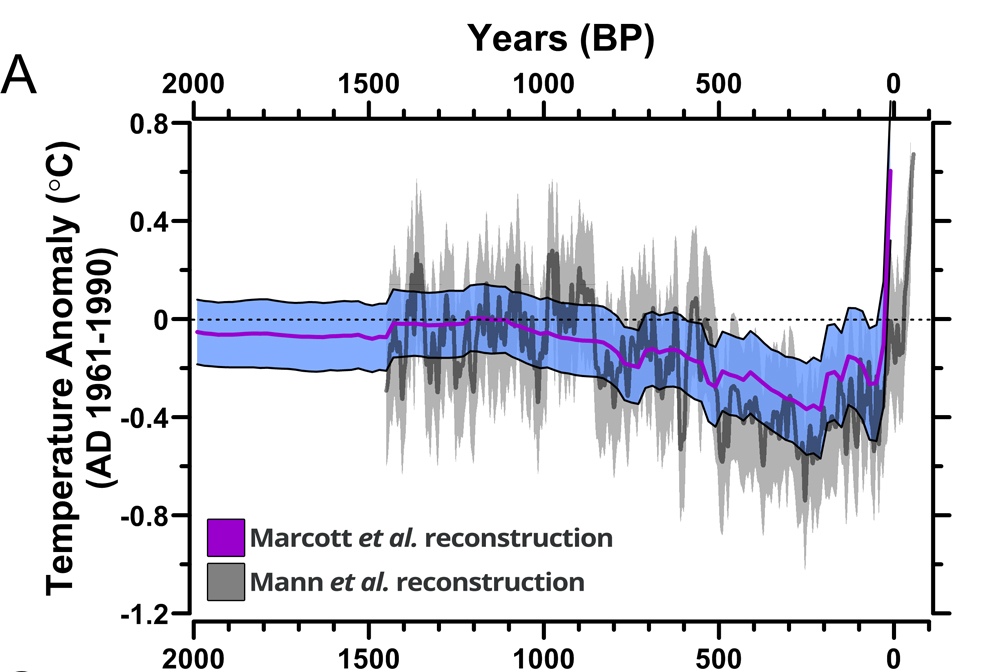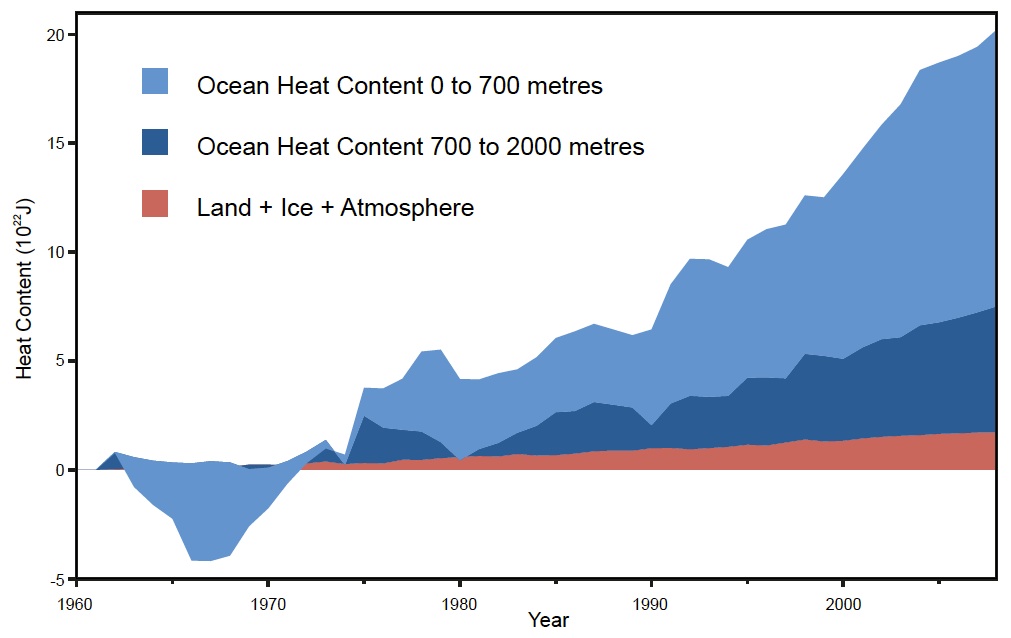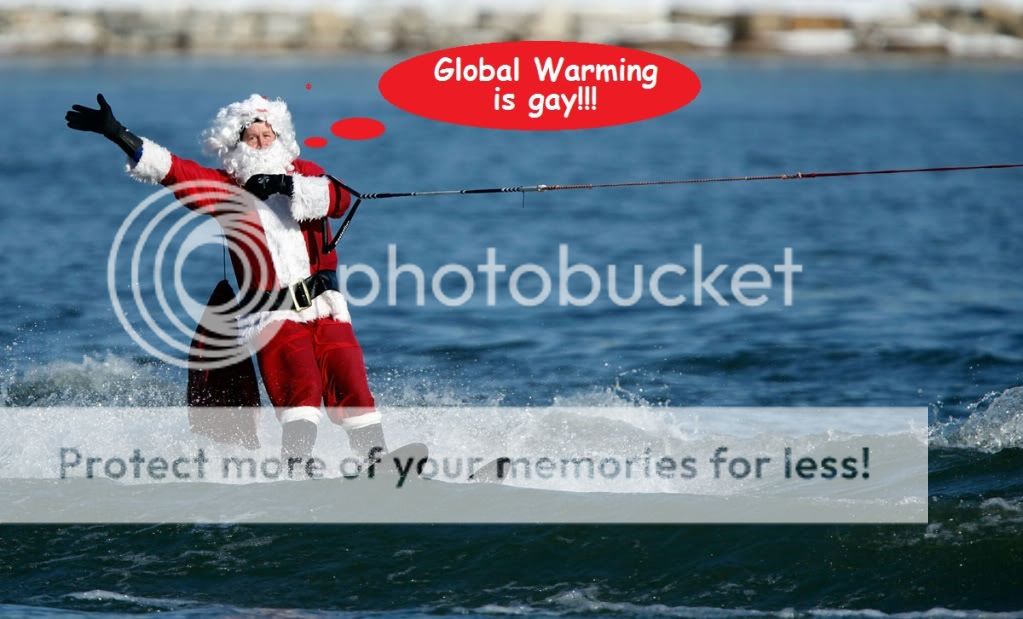And here's another idiotic rant from SSoooDDuuumb that is once again based solely on his own ignorance. Plus a huge helping of stupidity and denier cult insanity.
Clueless as usual, but thanks for coming round to demonstrate your abnormal psychological reaction to having your faith questioned. Interesting that you would deny the standard historical temperature as stated by the IPCC.
You got your moronic nonsense debunked, as usual. Period.








